Replacement Window Guide
Replacing your windows or doors is a meaningful investment in your home—one that should add lasting value, comfort, and performance. At Signature Windows + Doors, we make window and door replacement straightforward. Whether you’re looking for replacement windows, replacement doors, or both, our experienced team will help you find the right fit.
What does this article offer you?
- All your basic questions, answered.
- Easy navigation through the product selection process.
- Expert advice and guidance on installation and maintenance.
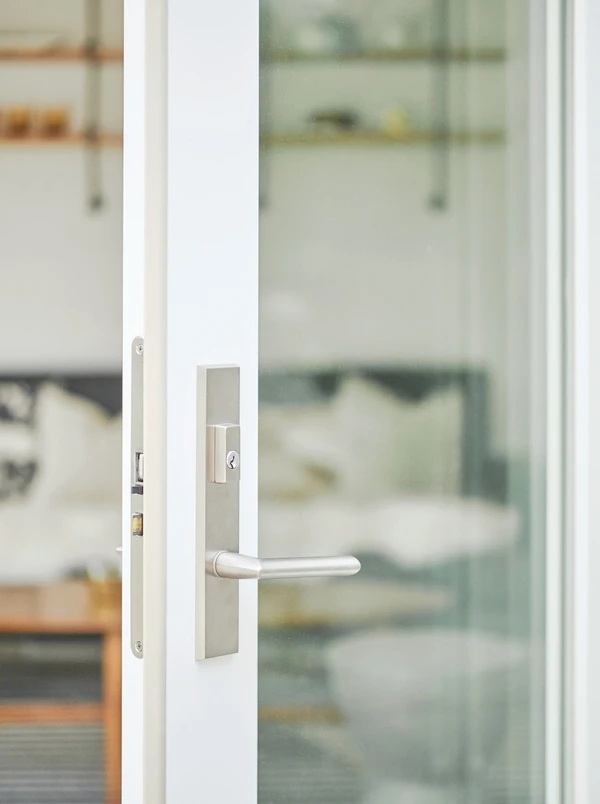
TYPES OF REPLACEMENT WINDOWS
Living in a semi-arid and high-altitude climate impacts your windows and doors in unique ways. This guide is written with these impacts in mind and is not broadly applicable to the national window replacement market.
Replacement windows and doors are generally constructed in one of the following ways:
Vinyl is the most common material found in replacement windows and doors, but as a thermoplastic, it’s not well suited to Colorado’s climate. It expands and contracts with temperature changes, stressing seals and reducing long-term durability. More frame material is required, decreasing the size of the glass area.
Pros:
- Most widely available
- Inexpensive to manufacture
- Many national and regional options
Cons:
- Becomes brittle with age
- Reduces visible glass area
- Susceptible to UV damage and color degradation
These are wood-frame windows with external aluminum cladding. Performance and durability depend on whether extruded or roll-form aluminum is used. Extruded is preferred for its thickness and impact resistance.
Pros:
- Long-lasting painted finish
- Ideal for high-altitude and high-UV areas
- Resistant to hail damage
Cons:
- Not easily repainted
- Requires expert installation
These are best for projects requiring historic preservation. Modern plantation-grown wood is less durable than old-growth wood.
Pros:
- Classic aesthetics
- Easy to repair
- Suitable for historical applications
Cons:
- Prone to water damage
- High maintenance
- Typically the most expensive
Made from a mix of recycled vinyl and wood, composites offer a more sustainable option but lack the durability of fiberglass.
Pros:
- Low maintenance
- Better than vinyl for hail resistance
Cons:
- Less durable than fiberglass
- Thick frames limit glass area
- Pricey compared to fiberglass
Highly durable and energy-efficient, fiberglass windows offer narrow profiles and excellent resistance to the elements.
Pros:
- 8x stronger than vinyl
- Impervious to water
- UV and fade resistant
Cons:
- Less suitable for large, complex, or curved designs
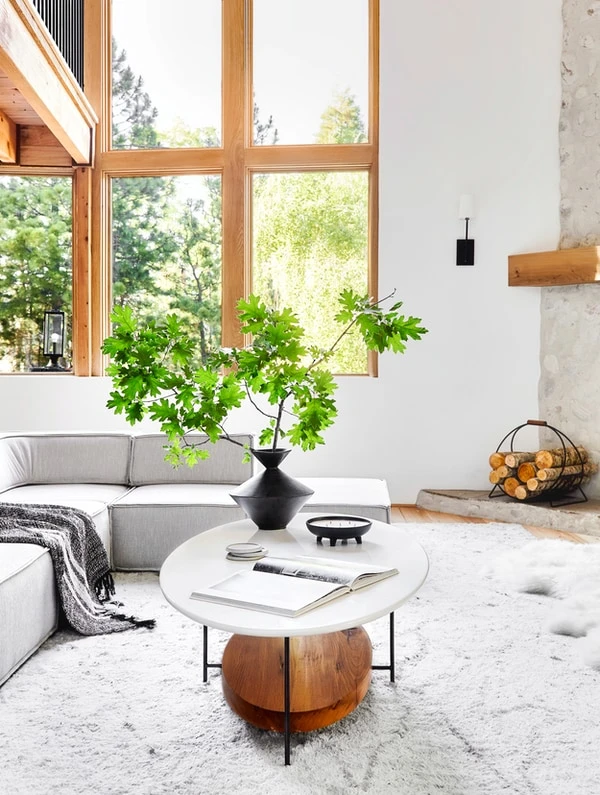
CHOOSING A WINDOW STYLE
Select a window style that fits your home’s architecture and your lifestyle needs. Options include:
- Double-Hung: Two sashes that slide vertically
- Casement: Hinged sash that opens outward, excellent for sealing
- Slider: Sashes slide horizontally, lower performance
- Awning: Hinged at the top, opens outward from the bottom
- Fixed: Non-operable; designed only to let in light
WHAT TO CONSIDER BEFORE YOU BUY
Ask yourself:
- What are the materials of my current windows?
- Am I going for a modern or classic aesthetic?
- Do I want to change the operation type?
Signature Windows + Doors can help you answer these questions.
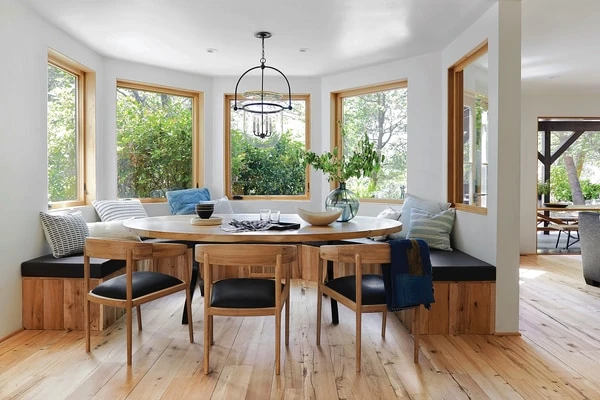
ENERGY EFFICIENCY
Claims of massive energy savings can be misleading. True efficiency depends on three metrics:
- U-Value: Lower is better; measures heat transfer
- SHGC: Lower is better; measures solar heat gain
- Air Infiltration: Lower indicates better seal
We advocate for performance-based choices, not exaggerated claims. Speak to our experts for transparent advice.
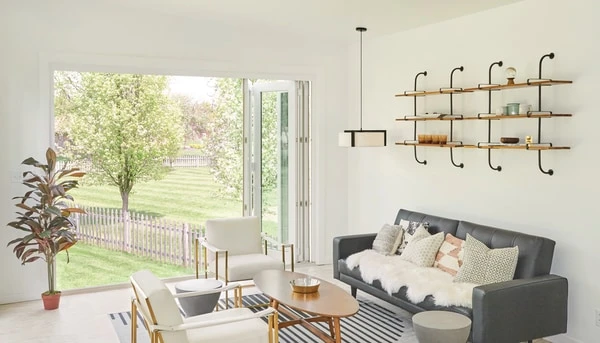
CONSIDERATIONS FOR MOUNTAIN HOMES
High-altitude markets (>5,000 ft) face unique challenges. Most window manufacturers are based at lower elevations, and few are equipped to handle high-altitude performance needs. Contact us for guidance tailored to your home.
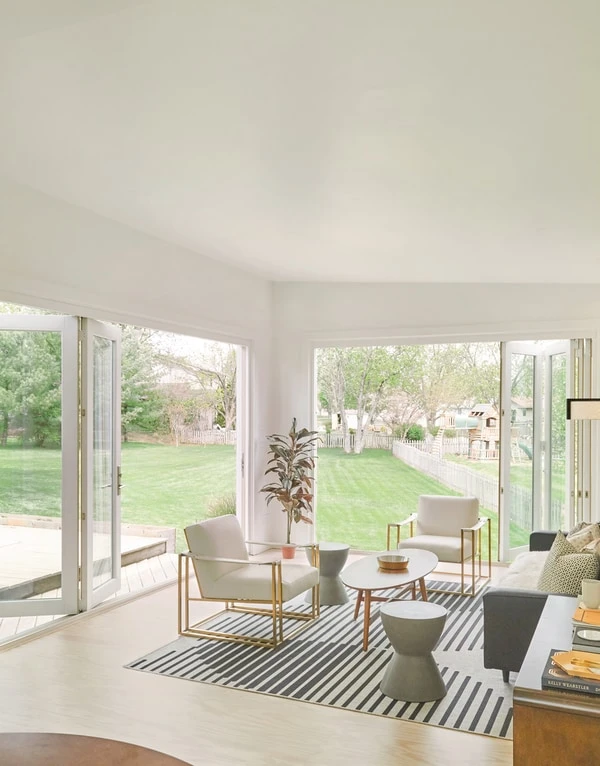
HISTORIC WINDOWS
Avoid replacing historic wood windows unless necessary. Alternatives include interior storm panels and upgraded glazing.
WARRANTY & INSTALLATION
We provide a 7-year labor warranty in addition to manufacturer warranties. Our installers are full-time employees, Installation Masters certified, and undergo annual performance evaluations.